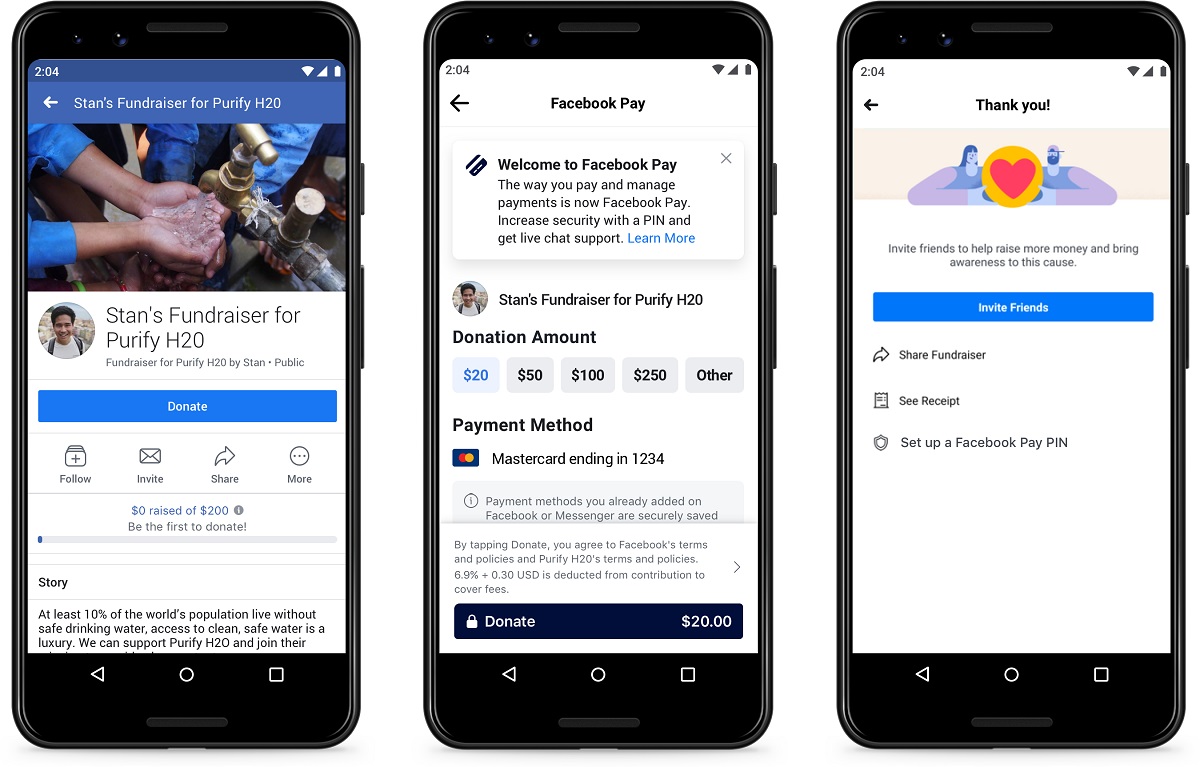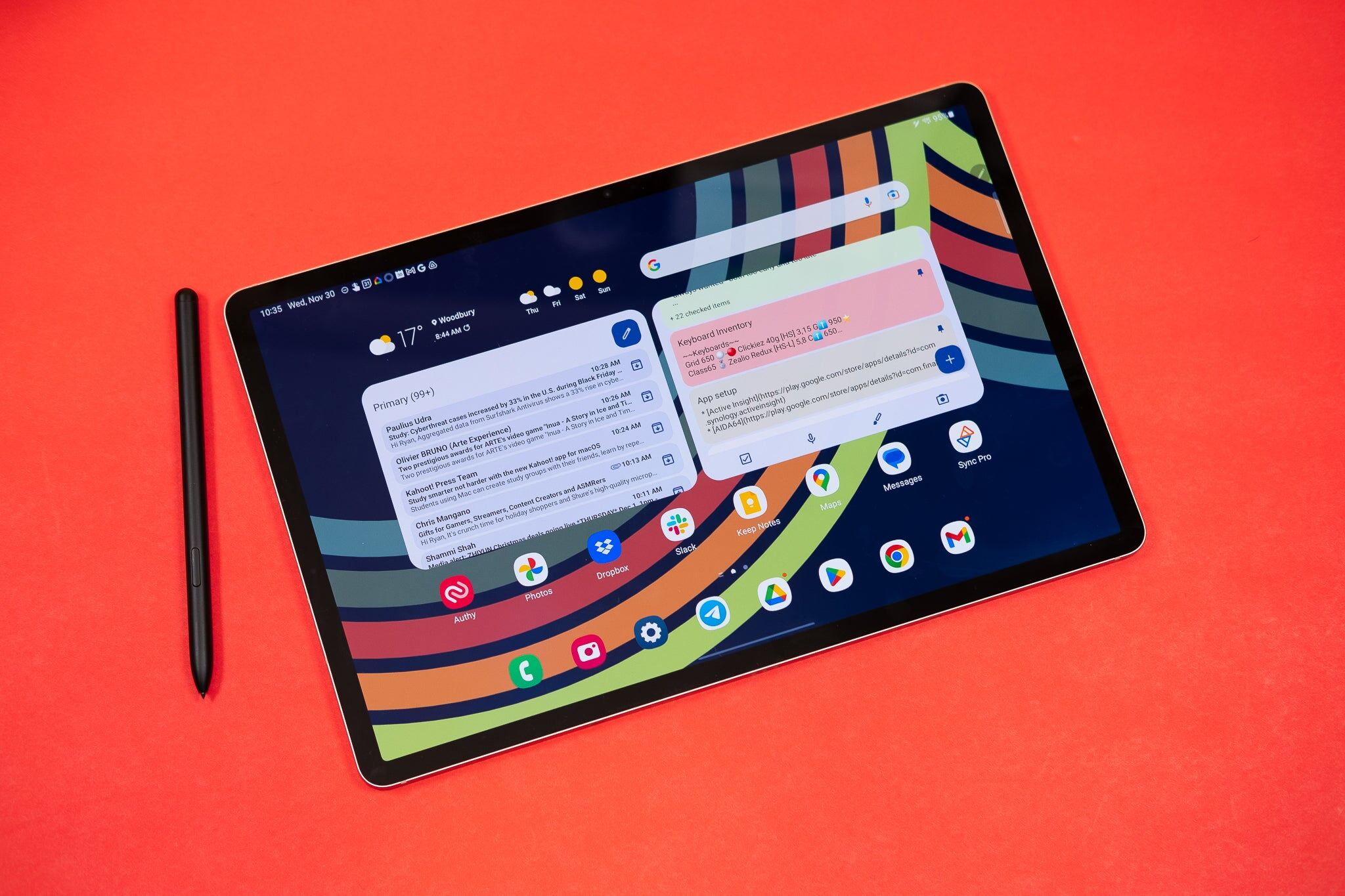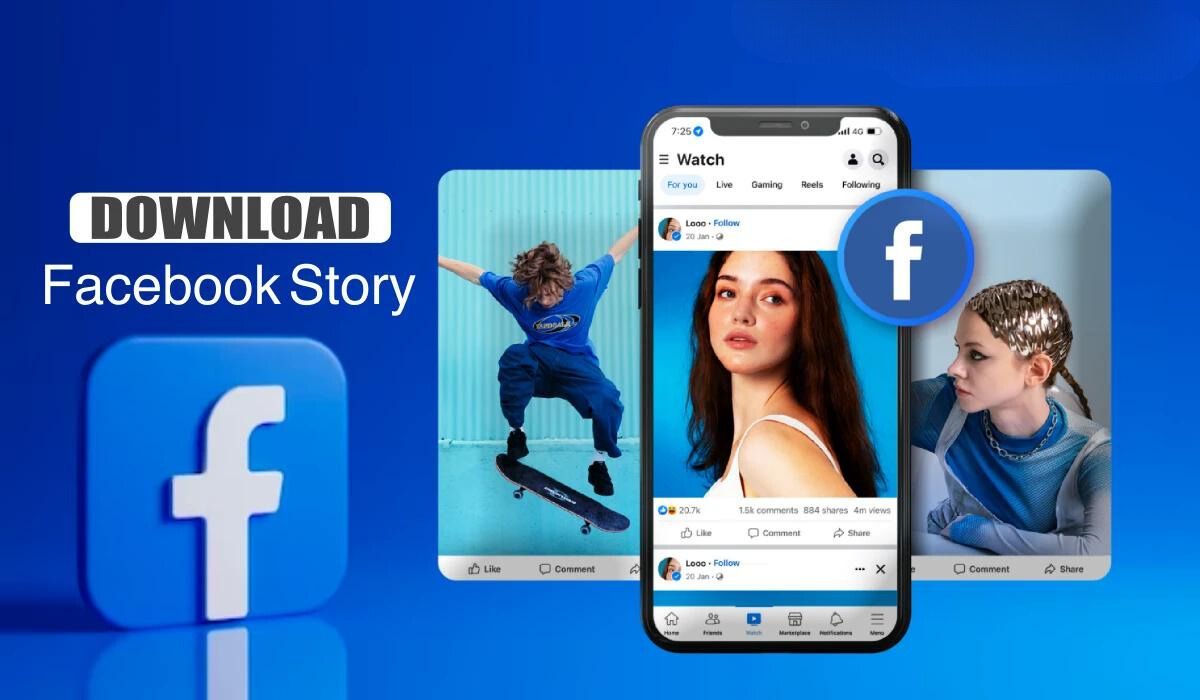Introduction
When it comes to employee compensation, performance bonuses are an essential aspect that motivates individuals to excel in their roles. Facebook is renowned for offering competitive benefits to its employees, including performance bonuses based on their achievements. These bonuses serve as a reward for outstanding performance and contribute to the overall job satisfaction of Facebook’s workforce.
In this article, we delve into the intricacies of performance bonuses at Facebook. We explore the factors that impact performance bonus payments, the metrics Facebook uses to evaluate employee performance, and the typical timelines for receiving these bonuses. Whether you’re a current Facebook employee curious about your bonus potential or someone considering a career at Facebook, this information will provide valuable insights into the performance bonus structure at the tech giant.
Understanding how performance bonuses work and the criteria used to determine them is crucial for employees who aim to maximize their earnings and career growth. By shedding light on Facebook’s performance bonus system, we aim to provide transparency and empower individuals with the knowledge necessary to set performance goals in alignment with the company’s expectations.
It’s important to note that performance bonuses should not be viewed as entitlements, but rather as incentives to drive exceptional performance. They serve as a recognition of an employee’s hard work, dedication, and impact on the company’s success. As such, striving for excellence and consistently exceeding expectations can significantly increase the chances of receiving a performance bonus at Facebook.
Now, let’s delve into the factors that play a role in determining the performance metrics used by Facebook to evaluate its employees and how these metrics influence the timing of bonus payments.
Understanding Performance Bonuses
Performance bonuses are additional financial rewards given to employees based on their achievements and contributions to the company. At Facebook, performance bonuses are a way to recognize and incentivize exceptional performance, providing employees with additional motivation to excel in their roles.
Facebook’s performance bonus structure is designed to align with the company’s overall objectives and values. The criteria for earning a performance bonus are typically tied to individual and team goals, as well as company-wide key performance indicators (KPIs). These goals and metrics are set at the beginning of each performance evaluation period and are tailored to each employee’s role and responsibilities.
The specific metrics and targets for performance bonuses may vary depending on the employee’s department, level, and job function. For example, a software engineer may have performance goals related to the successful completion of projects, code quality, and meeting project deadlines, while a marketing manager may have goals related to campaign success, lead generation, and meeting marketing objectives.
It’s important for employees to have a clear understanding of the performance metrics that will be used to evaluate their performance and determine their eligibility for a bonus. This clarity allows employees to align their efforts and prioritize their work accordingly, focusing on activities that directly contribute to the defined metrics.
Beyond individual goals, performance bonuses at Facebook also take into account the broader impact of an employee’s work on the company’s success. This includes factors such as collaboration with colleagues, innovation, and embodying Facebook’s core values. By considering these elements, Facebook ensures that employees are recognized not only for their individual contributions but also for their overall impact on the organization.
Performance bonus amounts at Facebook can vary based on a combination of factors, including the position level, performance level, and the overall performance of the company. This ensures that the rewards are fair and commensurate with the contributions made by employees.
Now that we have a basic understanding of how performance bonuses work at Facebook, let’s explore the specific metrics and factors that influence their timing and distribution.
How Facebook Determines Performance Metrics
When it comes to determining performance metrics at Facebook, the company takes a comprehensive approach that considers both quantitative and qualitative factors. The goal is to holistically evaluate an employee’s performance and contributions to the organization.
Facebook follows a systematic process to establish performance metrics that are aligned with the company’s objectives and values. Here are some key elements that go into determining these metrics:
- Objective Setting: At the beginning of each evaluation period, employees and their managers collaborate to set specific and measurable performance objectives. These objectives are typically tied to the employee’s job responsibilities, departmental goals, and the overall strategic priorities of the company.
- Key Performance Indicators (KPIs): Facebook identifies key performance indicators that reflect the desired outcomes and results for each role and department. These KPIs provide a clear framework for measuring performance and evaluating the achievement of goals.
- Continuous Feedback: Throughout the evaluation period, managers provide ongoing feedback to help employees understand how their performance aligns with the established metrics. This feedback loop allows employees to make adjustments and improvements in real-time.
- Peer Evaluation: Facebook values a culture of collaboration and teamwork. As part of the performance evaluation process, employees also receive feedback from their peers, enabling a 360-degree assessment of their contributions and impact in the workplace.
- Managerial Assessment: Managers play a crucial role in evaluating employee performance. They gather input from multiple sources, review data and performance metrics, and assess the overall contribution of each employee. This assessment includes considerations such as leadership qualities, initiative, and adherence to Facebook’s core values.
By incorporating these various elements, Facebook ensures that performance metrics are comprehensive, fair, and reflective of an employee’s contributions throughout the evaluation period. This approach encourages transparency, accountability, and continuous improvement within the organization.
It’s important to note that performance metrics may be adjusted periodically to align with evolving business needs and priorities. This allows Facebook to stay agile and adapt to changing market conditions, while also ensuring that the metrics remain relevant and meaningful to employees in their roles.
Now that we understand how Facebook determines performance metrics, let’s explore the factors that influence the timing of performance bonus payments.
Factors That Affect the Timing of Performance Bonus Payments
While performance bonuses at Facebook are typically paid out annually, the specific timing of these payments can vary. Several factors influence when employees receive their performance bonuses. Understanding these factors can help employees anticipate the timing of their bonus payments and manage their financial expectations accordingly.
Here are some key factors that affect the timing of performance bonus payments at Facebook:
- Evaluation Period: Performance bonuses are usually based on an evaluation period that aligns with the company’s fiscal year or a specific timeframe determined by the organization. The evaluation period allows sufficient time for managers to assess employee performance and determine bonus amounts.
- Evaluation and Decision-making Process: The evaluation and decision-making process for performance bonuses can take time, especially in larger organizations like Facebook. Managers need to gather feedback, evaluate performance metrics, and consider various factors before finalizing bonus amounts. As a result, bonus payments may not be immediate once the evaluation period ends.
- Company Performance: The financial performance of the company can impact the timing of performance bonus payments. If the company is experiencing strong financial results, it may have the resources to distribute bonuses earlier in the fiscal year. Conversely, if the company’s financial performance is challenging, bonus payments may be delayed to ensure financial stability.
- Individual Performance: The performance of individual employees also influences the timing of bonus payments. Employees who exceed performance expectations or demonstrate exceptional contributions may receive their bonuses earlier as a way to recognize their outstanding achievements.
- Business Priorities: Facebook’s business priorities and strategic initiatives can also impact the timing of bonus payments. In certain cases, the company may decide to delay bonus payments to align with specific milestones or to prioritize investments in critical areas of the business.
It’s important to note that the timing of performance bonus payments can vary from one year to another. While bonuses are typically paid out annually, external factors and company-specific circumstances can influence the exact timing. Additionally, the payment of bonuses is subject to company policies and procedures, which may be updated periodically.
By considering these factors, employees can have a better understanding of the timing of their performance bonus payments at Facebook. Now, let’s explore the typical timelines for receiving performance bonuses at the company.
Performance Bonus Payment Timelines at Facebook
Performance bonus payments at Facebook are typically distributed on a predetermined schedule that aligns with the company’s fiscal year. While the exact timing can vary depending on various factors, there are general guidelines for when employees can expect to receive their performance bonuses.
At Facebook, performance bonuses are usually paid out annually. The bonus payment timeline typically follows the fiscal year calendar, which begins on January 1st and ends on December 31st. However, it’s important to note that the payment of bonuses may not occur immediately after the end of the fiscal year.
The evaluation and decision-making process for performance bonuses can take several weeks or even months. Managers need time to gather feedback, evaluate performance metrics, and make informed decisions regarding bonus amounts. This process ensures fairness and accuracy in the distribution of bonuses across the organization.
In most cases, Facebook aims to distribute performance bonuses within the first few months of the new fiscal year. However, external factors, such as the company’s financial performance or strategic priorities, may influence the exact timing. It’s important for employees to consult their managers or refer to the company’s internal communication channels to stay informed about the specific timeline for bonus payments.
Facebook recognizes the importance of timely bonus payments in motivating and rewarding employees for their hard work and exceptional performance. Despite the potential variances in payment timelines, the company strives to ensure that performance bonuses are distributed as early as possible within the fiscal year.
Employees should also familiarize themselves with any company-specific policies or procedures that govern the distribution of performance bonuses. These policies may outline the eligibility criteria, performance evaluation process, and other relevant details related to bonus payments. By understanding these policies, employees can have a clear understanding of the expectations and timelines regarding their performance bonuses at Facebook.
Now that we’ve covered the performance bonus payment timelines at Facebook, let’s address some common questions related to performance bonuses at the company.
Common Questions about Performance Bonuses at Facebook
Performance bonuses are an important aspect of compensation at Facebook, and employees often have questions regarding their eligibility, calculation, and other aspects of these bonuses. Here, we address some common questions employees may have about performance bonuses at the company:
- Who is eligible for a performance bonus at Facebook?
Performance bonuses at Facebook are generally available to full-time employees, regardless of their position or level within the company. However, eligibility criteria may vary based on specific roles and departments. It’s best to consult your manager or refer to internal policies for detailed information on eligibility. - How are performance bonuses at Facebook calculated?
The calculation of performance bonuses at Facebook involves considering factors such as individual performance, team contributions, and the overall performance of the company. The specific formula used may vary depending on the department and level of the employee. Managers carefully evaluate performance metrics, feedback, and other relevant data to determine bonus amounts for each employee. - Are there any performance bonus caps at Facebook?
While there may not be explicit caps on performance bonuses at Facebook, bonus amounts are typically aligned with the employee’s level, performance, and the overall performance of the company. This ensures fairness and consistency across the organization. - Are performance bonuses guaranteed at Facebook?
Performance bonuses at Facebook are not guaranteed and are contingent upon individual and company performance. Employees should approach performance bonuses as incentives for exceptional performance rather than entitlements. Striving for excellence and exceeding expectations increase the likelihood of receiving a performance bonus. - How are performance bonuses communicated to employees?
Performance bonuses are generally communicated to employees through a formal review process conducted by their managers. This review process includes discussions on individual performance, feedback, and the determination of bonus amounts. Managers communicate the outcome of the review and provide details regarding the performance bonus to each employee.
It’s essential for employees to consult their managers or refer to internal policies and guidelines for specific information regarding performance bonuses at Facebook. These resources ensure employees have a clear understanding of the company’s performance bonus structure.
By addressing these common questions, we aim to provide clarity and insights into the performance bonus system at Facebook. With this knowledge, employees can better navigate and maximize their opportunities for performance bonuses at the company.
Conclusion
Performance bonuses play a significant role in motivating and rewarding employees at Facebook. These bonuses serve as an acknowledgment of exceptional performance and contribute to the overall job satisfaction and motivation of employees. By understanding how performance bonuses work at Facebook, employees can align their efforts with the company’s goals and increase their chances of receiving these rewards.
We explored the various aspects of performance bonuses at Facebook, including how the company determines performance metrics, the factors that influence the timing of bonus payments, and common questions employees may have about these bonuses. Through a comprehensive evaluation process that considers both quantitative and qualitative factors, Facebook ensures that performance metrics are fair and reflective of an employee’s contributions.
The timing of performance bonus payments at Facebook can vary, but they are typically distributed within the first few months of the new fiscal year. External factors, individual performance, and business priorities can influence the exact timing of these payments. Employees should consult their managers and familiarize themselves with company policies to stay informed about the specific timelines and expectations related to performance bonuses.
While performance bonuses are not guaranteed, striving for excellence and consistently exceeding expectations increase the likelihood of receiving these rewards. Employees should view performance bonuses as incentives for exceptional performance rather than entitlements. It is through hard work, dedication, and embodying Facebook’s core values that employees can maximize their opportunities for performance bonuses.
By providing transparency and addressing common questions about performance bonuses at Facebook, we hope to empower employees with the knowledge and insights they need to navigate their careers and enhance their earning potential at the company. Performance bonuses at Facebook reflect the company’s commitment to recognizing and rewarding outstanding performance, and they serve as a valuable tool for fostering a culture of excellence and driving employee engagement.

























